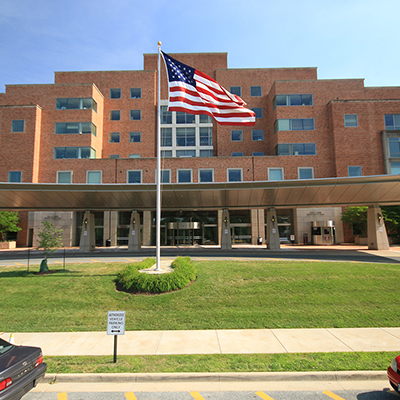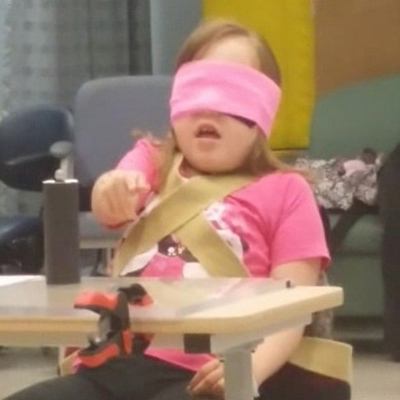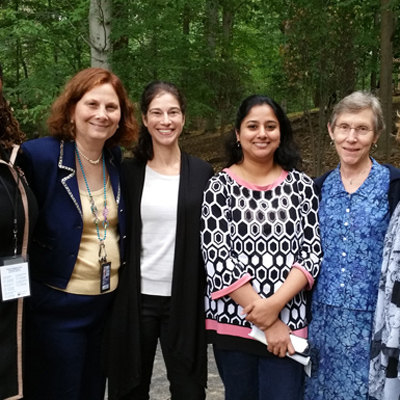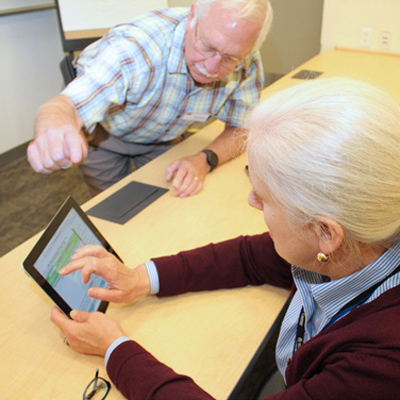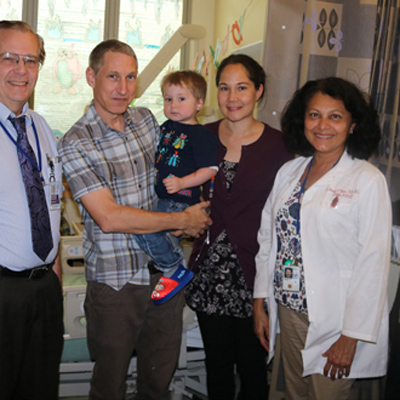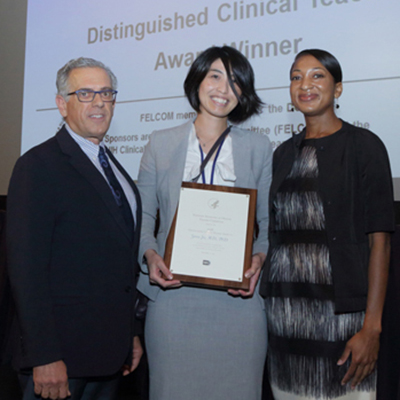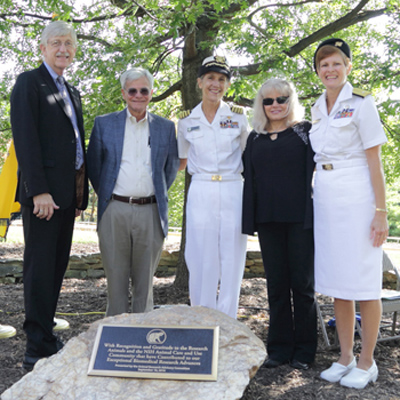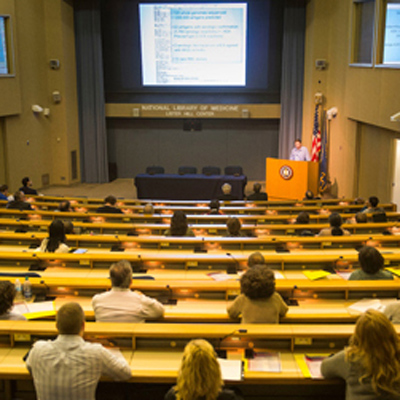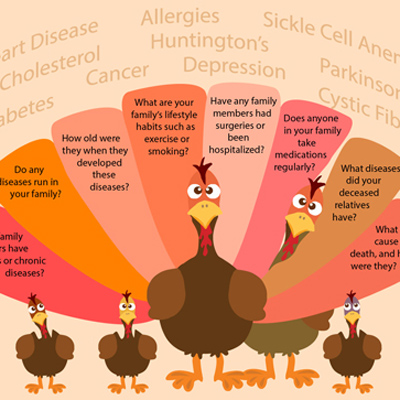Energetic 3-year-old Receives Gene Therapy for Inherited Disorder of the Immune System
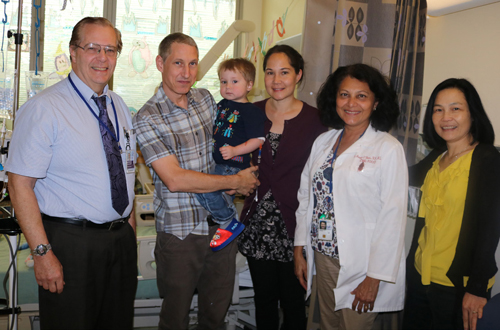
With his collection of stuffed animal dogs lined up on his bed, and his favorite fake bugs tucked by his side, 3-year-old pediatric patient Everett Schmitt received gene therapy for X-linked severe combined immunodeficiency (XSCID) Sept. 15 in the NIH Clinical Center.
Schmitt is enrolled in a clinical trial with the National Institute of Allergy and Infectious Diseases (NIAID) for XSCID, referred to by some people as 'Bubble Boy Disease." It is caused by an abnormality in a gene that affects the growth and development of immune cells such as white blood cells. Schmitt, and others with XSCID, have difficulty fighting infections.
"He's the youngest so far in this trial," Schmitt's mother Anne Klein said. "He's handled everything really well and continues to show his incredible strength and pleasant nature."
"He seems like a little old soul with a good sense of humor," she added.
Just before the gene therapy infusion, Schmitt was calmly buzzing his fake bug around his room and onto the shoulder of Dr. Harry Malech, chief of the Laboratory of Host Defenses and Genetic Immunotherapy Section in NIAID. His critter then would lunge from his hands into the arms of his nurses, who each have their very own matching bug to keep in their pockets. To add to the smiles in the room, his parents put on a funny pair of clown glasses and snuck up on Malech.
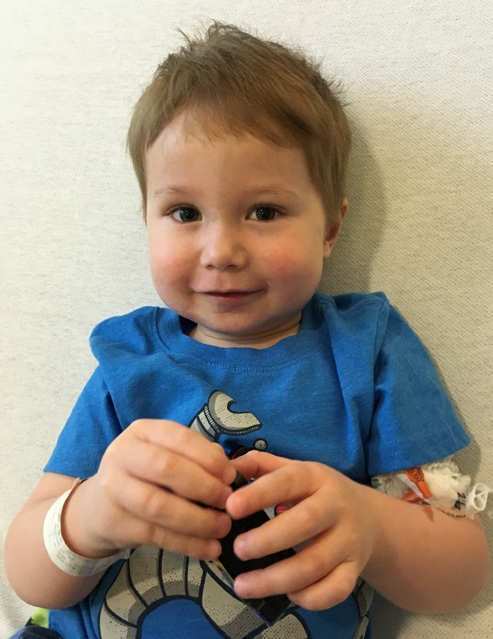
"My immediate family has always had silly pranks in our lives. So we try to pass that on to our kids starting early to develop a sense of humor," Klein said.
His care team celebrated the gene therapy infusion by calling it his 'birthday' because he's getting new and improved cells and truly a second chance in life. The team sang Happy Birthday and brought cake and presents to his bedside. In addition to his real birthday, Schmitt has had one other 'transplant birthday'. At just 7-weeks-old, he received a stem cell transplant from his mother who was a half-match donor but the donor cells began causing rare complications a little more than a year ago.
The hope with lentiviral gene transfer treatment, which he received, is to use good genes to replace defective genes. A lentivirus is a virus that has been modified to carry corrected genes into the blood through corrected stem cells. By collecting an individual's stem cells and modifying them with a lentivirus, the gene-corrected cells can be returned into the blood to help produce normal healthy immune cells. Staff members from the NIH Clinical Center Cell Processing Section in the Department of Transfusion Medicine, who worked on preparing Schmitt's new cells, came down to his room and waved as he was undergoing the infusion.
For now, "we just wait for a while to see how things go," Klein said. But for Schmitt, he just continues to have fun doing typical 3-year-old boy activities like making a secret hideout in his room where he trades 'birthday and Nick Jr. Paw Patrol secrets" with his stuffed animals.
